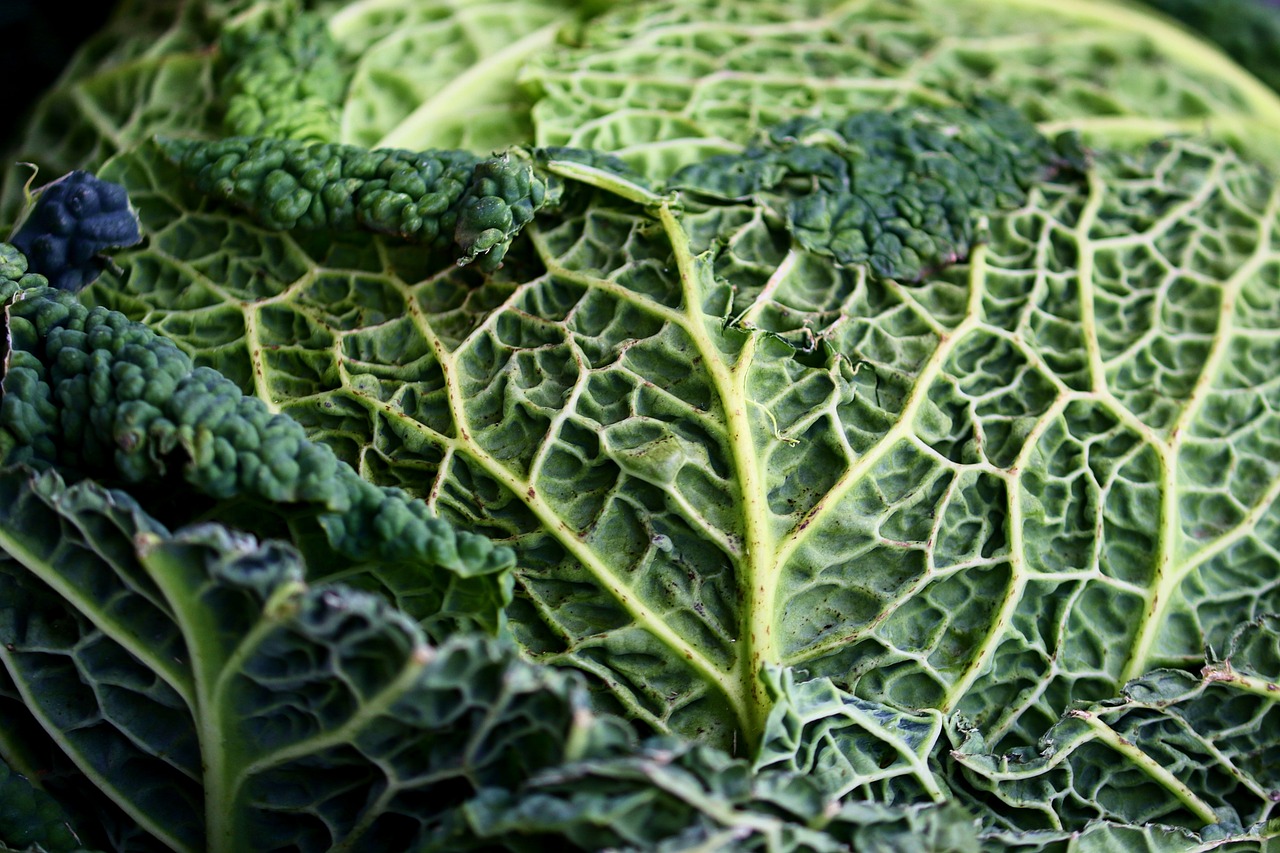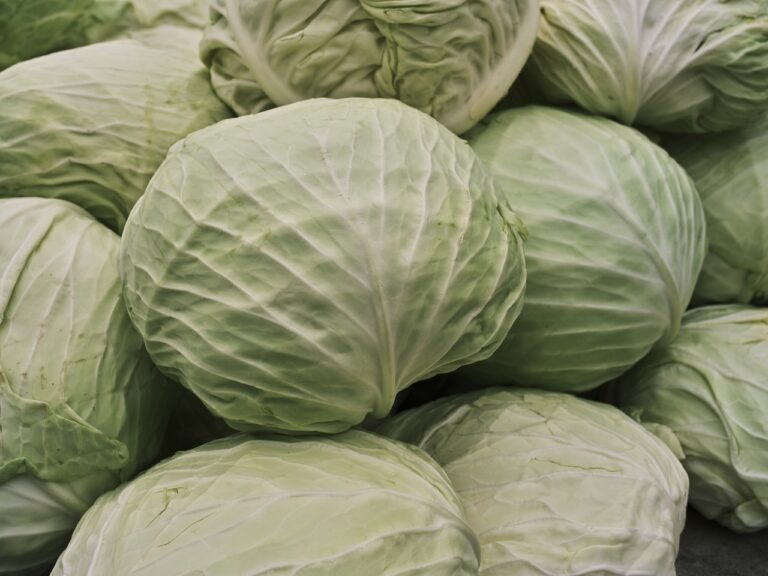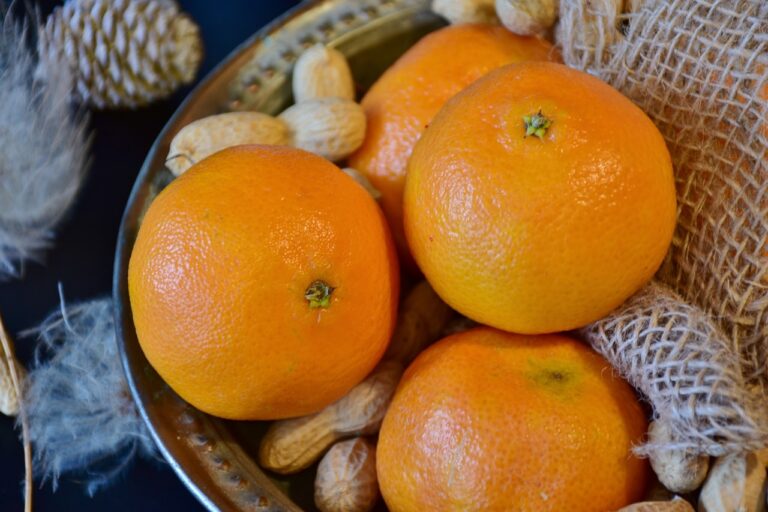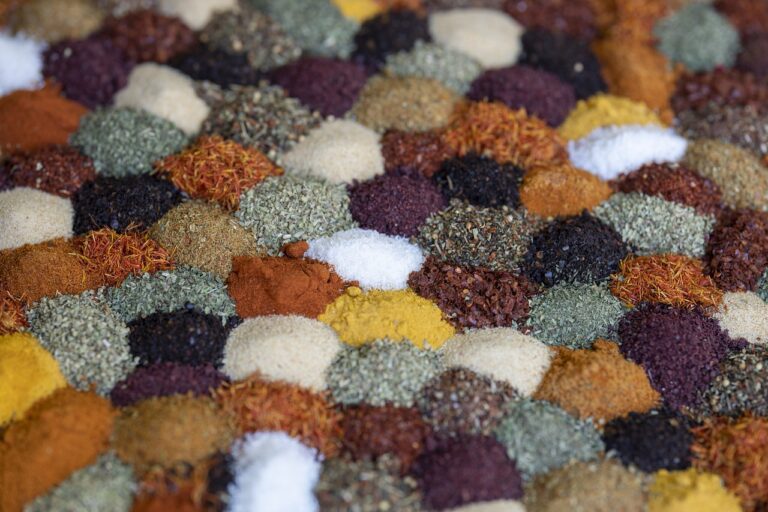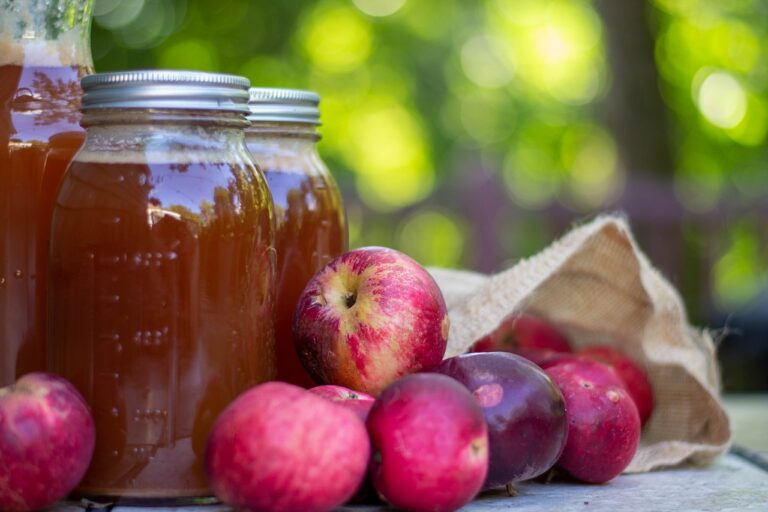Engineering Drought-Resistant Crops Using Biotechnology: Laserbook247, Lotus 299.com, 11xplay reddy login password
laserbook247, lotus 299.com, 11xplay reddy login password: Are you tired of hearing about droughts wreaking havoc on our food supply? Well, scientists may have found a solution to this issue through biotechnology. By engineering drought-resistant crops, researchers are working towards creating sustainable agricultural practices that can withstand the challenges posed by climate change.
Understanding Drought-Resistant Crops
Drought-resistant crops are genetically modified to better withstand periods of water scarcity. These crops have been developed to conserve water more efficiently, enabling them to survive in arid environments where traditional crops would struggle to grow.
How Biotechnology Plays a Role
Biotechnology plays a crucial role in the development of drought-resistant crops. Scientists are able to identify and introduce specific genes that help the plants cope with water stress. By understanding the underlying genetic mechanisms that regulate water use, researchers can manipulate these pathways to create crops that are more resilient to drought conditions.
Benefits of Engineering Drought-Resistant Crops
The benefits of engineering drought-resistant crops are manifold. By cultivating crops that require less water, farmers can reduce their reliance on irrigation and decrease their water usage. This not only helps to conserve water resources but also makes agriculture more sustainable in regions prone to drought.
Furthermore, drought-resistant crops can improve crop yields and food security, even in the face of changing climate patterns. By ensuring that crops can thrive under water-stressed conditions, we can mitigate the impact of droughts on global food production.
Challenges and Concerns
Despite the promise of engineering drought-resistant crops, there are still challenges and concerns that need to be addressed. Critics argue that genetically modified crops may have unintended consequences on the environment and human health. Additionally, there are questions about the long-term sustainability of biotechnological solutions to agricultural problems.
FAQs
Q: Are drought-resistant crops safe to eat?
A: Yes, drought-resistant crops undergo rigorous safety assessments before being approved for commercialization. Numerous studies have shown that genetically modified crops are safe for human consumption.
Q: Will engineering drought-resistant crops have a negative impact on biodiversity?
A: While there are concerns about the potential impact of genetically modified crops on biodiversity, researchers are working to mitigate these risks by conducting thorough environmental assessments.
Q: How can farmers access drought-resistant crops?
A: Farmers can access drought-resistant crops through seed companies and agricultural research institutions that develop and distribute these genetically modified seeds.
In conclusion, engineering drought-resistant crops using biotechnology holds great promise for ensuring food security in the face of climate change. By harnessing the power of genetics, scientists are creating innovative solutions to address the challenges posed by water scarcity. As we move towards a more sustainable future, it is essential to continue researching and developing these technologies to create a more resilient agricultural system for generations to come.

